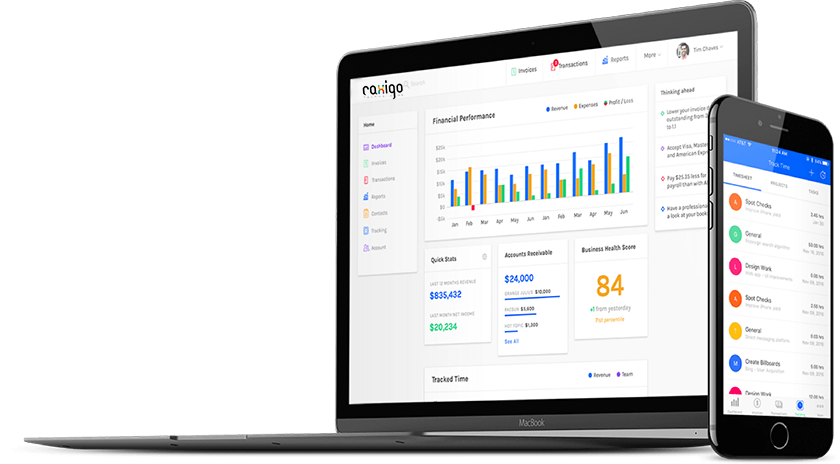

Accounting software is a type of computer software designed to help businesses manage their financial transactions and accounting processes. It allows businesses to record and track financial transactions, manage accounts payable and receivable, prepare financial statements, and perform various other accounting functions.
e-invoicing software in Saudi: This refers to accounting software that can generate and send invoices electronically, rather than in paper form. E-invoicing software can help businesses save time and reduce costs associated with paper-based invoicing processes.
Approved billing software in Saudi: In Saudi Arabia, there are certain requirements that billing software must meet to be approved by the government. Approved billing software should be able to generate invoices that comply with local tax laws and regulations.
Approved accounting software in Saudi: Similarly to billing software, accounting software in Saudi Arabia must meet certain requirements to be approved by the government. Approved accounting software should be able to manage financial transactions, generate financial reports, and comply with local accounting standards.
ERP accounting software Saudi: ERP (Enterprise Resource Planning) accounting software is a type of accounting software that integrates with other business systems, such as inventory management and customer relationship management. It provides a centralized view of all business operations and can help businesses make more informed decisions.
Accounting software can be a powerful tool for businesses of all sizes to manage their finances and streamline their accounting processes. Depending on the specific needs of the business, there are different types of accounting software available, including e-invoicing software, approved billing and accounting software, and ERP accounting software.
Increased accuracy: ERP accounting software automates many of the tasks involved in recording and tracking financial transactions, which can help reduce the risk of human error. This can lead to more accurate financial records and reports.
Time savings: By automating many accounting tasks, businesses can save time that would otherwise be spent on manual data entry and other administrative tasks. This time can then be spent on other important business activities.
Improved organization: ERP accounting software provides a centralized location for all financial data, making it easier to track transactions, generate reports, and manage accounts.
Better financial insights: ERP Accounting software can generate detailed reports on a range of financial metrics, providing businesses with a clearer picture of their financial health. This can help businesses make more informed decisions about their finances.
Compliance with regulations: Many ERP accounting software solutions are designed to comply with local accounting and tax regulations. This can help businesses avoid penalties and fines for non-compliance.
Tax preparation software: Helps businesses prepare and file tax returns.
Budgeting and forecasting software: Helps businesses plan and forecast their financial performance.
Inventory management software: Helps businesses manage inventory levels and track inventory costs.
ERP accounting software can provide businesses with a range of benefits, from increased accuracy and time savings to improved financial insights and compliance with regulations.
Automated bookkeeping: Accounting software can automate many of the bookkeeping tasks involved in recording financial transactions, such as creating invoices, recording payments, and reconciling bank accounts.
Cloud-based access: Many ERP accounting software solutions are cloud-based, which means they can be accessed from anywhere with an internet connection. This can be especially beneficial for businesses with remote workers or multiple locations.
Integration with other systems: Many accounting software solutions can integrate with other business systems, such as CRM and inventory management software, to provide a more complete picture of the business's financial health.
Scalability: Accounting software can be scaled to meet the needs of businesses of all sizes, from small startups to large enterprises.
Cost savings: Accounting software can help businesses save money by reducing the need for manual data entry and administrative tasks. Additionally, many accounting software solutions offer tiered pricing plans based on the size of the business, allowing businesses to choose a plan that meets their needs and budget.
Better cash flow management: Accounting software can help businesses manage their cash flow by providing real-time visibility into their accounts payable and accounts receivable. This can help businesses ensure they have enough cash on hand to cover expenses and take advantage of opportunities for growth.accounting software is an essential tool for businesses looking to manage their finances more efficiently and effectively. Whether a business is looking for basic bookkeeping features or advanced financial reporting and forecasting tools, there is an accounting software solution available to meet their needs.